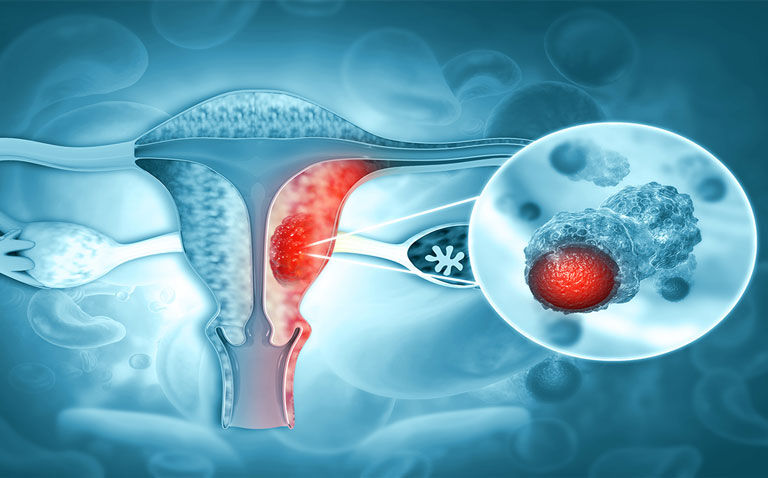The chimeric first-in-class immunoglobulin E (IgE) antibody MOv18 appears to have a manageable safety profile for cancer therapy, with additional evidence of anti-tumour activity in a patient with ovarian cancer.
Published in the journal Nature Communications, the researchers conducted a Phase I dose escalation trial, with the primary objective of exploring the safety and tolerability of the MOv18 IgE antibody.
The MOv18 antibody targets the human folate receptor-alpha (FRα) that is over-expressed in tumours such as ovarian, breast and lung cancers, but remains at low levels in normal tissue.
Eligible patients were over 16 years of age and had advanced or metastatic solid tumours that were not suitable for alternative standard treatment. In addition, all were required to have a solid tumour expressing FRα, although the majority had advanced ovarian cancer which had become platinum-resistant.
MOv18 IgE safety
A total of 26 patients were enrolled and, overall, MOv18 IgE was generally well tolerated with the majority of adverse events being low grade. The most common events were localised cutaneous toxicities including urticaria, pruritus and rash, which appeared to be dose-related. Furthermore, the urticaria always resolved within hours of dosing, either spontaneously or with the administration of systemic steroids and antihistamines.
Although the primary focus of the study was the safety of MOv18 rather than efficacy, tumour shrinkage and an associated fall in the CA125 tumour marker level, was seen in one patient. Notably, the study authors observed that the anti-tumour activity ‘occurred at doses very much lower than typically observed for IgG antibodies‘, reflecting fundamental differences in Fc-receptor affinity and effector cell biology.
Professor James Spicer, professor of experimental cancer medicine at King’s College London, consultant in medical oncology at Guy’s and St Thomas’ NHS Foundation Trust and the study’s lead investigator, said: ‘IgE is a completely new form of antibody therapy which has shown great promise in this phase I trial. Our findings show that the drug was well tolerated in patients and shrunk a cancerous tumour in a patient with ovarian cancer.
‘The results pave the way to development of an entirely new class of anti-cancer drug for people with chemotherapy-resistant cancers. The immunology expertise in King’s College London laboratories allowed us to undertake this trial of a completely new form of antibody therapy.‘










